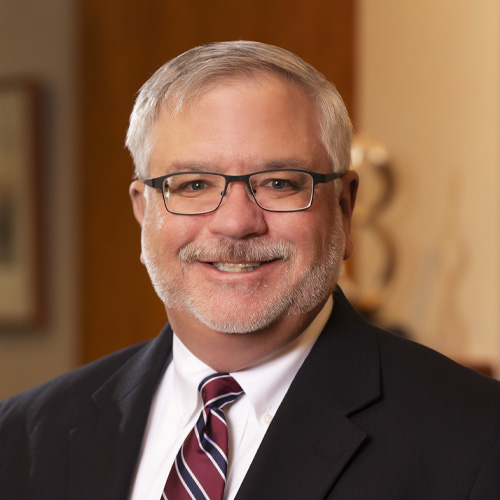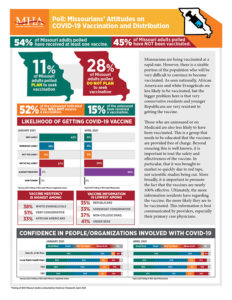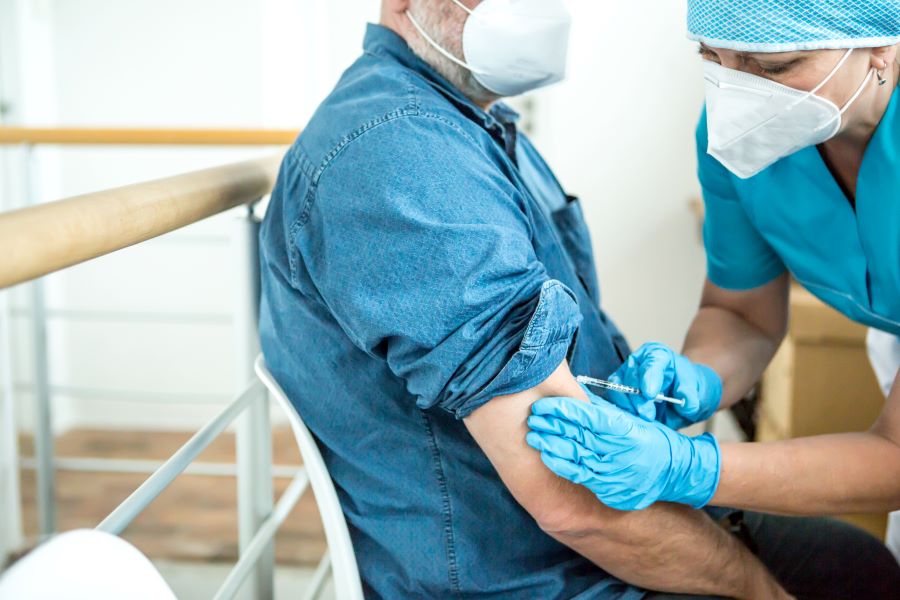Expert

Dave Dillon
Actions
Type
Topic
- COVID-19
- Data & Analytics
- Disease Management
Tags
New Polling Suggests Significant Work Remains To Shift Some Missourians’ Attitudes Toward COVID-19 Vaccination
Vaccine Hesitancy Challenges Remain Potential Barrier To Herd Immunity
JEFFERSON CITY, Mo. — New polling on attitudes about COVID-19 vaccination finds that in certain populations of adults, significant work remains to convince those who have not yet received the vaccine. The new polling finds approximately half of the sample already was vaccinated, and an additional 11% more Missourians say they plan to get the vaccine. However, the 28% who do not plan to seek vaccination may hinder Missouri’s ability to reach herd immunity.

“With vaccination now available to all Missourians ages 16 and older, and vaccine supply significantly growing, Missouri should be poised to experience a sharp increase in protection from COVID-19,” said Herb B. Kuhn, MHA President and CEO. “However, that protection — and the road to herd immunity — will be dependent on significant ongoing demand for vaccination. These data point to promise in meeting the bottom thresholds of herd immunity of approximately 65% but a real challenge in meeting the upper thresholds without a significant change in attitudes toward vaccination.”
Vaccine hesitancy is being driven by various factors, including vaccine information, demographics, conservative versus liberal worldview and insurance status. Age, partisanship and education status are the primary indicators of whether or not a Missourian has been vaccinated.
Researchers found a strong correlation between the amount of information Missourians have about COVID-19 vaccines and vaccination rates. Among the strongest arguments for vaccine-hesitant Missourians are that the vaccine is nearly 100% effective, vaccination is free, and that despite the speed of vaccine approval, scientific standards were maintained in development and testing.
“All Missourians have a stake in the success of the vaccination effort,” Kuhn said. “Despite ongoing public education efforts, too many Missourians remain unclear or unconvinced about the value of vaccination and the cost. Moreover, some of the polling results are counterintuitive. For example, the uninsured can receive the vaccine at no cost, which should reduce barriers.
Insurance status was a strong indicator of intention to seek vaccination, with 52% of the uninsured indicating they will not receive a vaccination. Only 15% of the uninsured participating in the study indicate they have received a vaccination. With vaccination offered at no cost to the uninsured, additional outreach and education to this population may help increase vaccination rates.
As researchers found in the January polling, an individual’s political viewpoint is a strong indicator of intent to seek vaccination. Conservatives are less likely to indicate they will pursue vaccination. This includes younger Missourians — ages 18-44 and self-identifying as Republicans — as the least likely to vaccinate. Democrats, including those in this same age cohort, are among the most likely to pursue vaccination. At the same time, African Americans — a demographic hard-hit by the pandemic — are more likely to indicate they will not pursue vaccination.
Also consistent with the January polling, nearly 90% of Missourians view their own physician or health care provider as a trusted source of information about the vaccine. More than two-thirds trust public health organizations, including local public health leaders, the Centers for Disease Control and Prevention, and the U.S. Food and Drug Administration. Recommendations from elected officials are more polarized.
“Since early vaccination eligibility was risk-based, many of the most vulnerable have been vaccinated,” Kuhn said. “However, only 23% of all Missourians — or 44% of those ages 18 or older — have completed their vaccination process. To reach herd immunity, a much larger share of Missourians must participate in the process. That will require all stakeholders working together to understand the barriers and get the message out.”
The polling, by American Viewpoint, was conducted April 11-14, covering a diverse cross-section of 800 Missouri adults. A summary of the survey findings is available.
Missouri’s portal for COVID-19 vaccination information is www.covidvaccine.mo.gov.
# # #
The Missouri Hospital Association is a not-for-profit association in Jefferson City that represents 140 Missouri hospitals. In addition to representation and advocacy on behalf of its membership, the association offers continuing education programs on current health care topics and seeks to educate the public about health care issues.









